- 9 AM -10 AM & 5.30 PM -8 PM
- 8005720921
- Pacific Diagnostic, Karni Palace, Vaishali Nagar, Jaipur, 302021
Best Kidney Specialist in Jaipur
- Home
- Best Kidney Specialist in Jaipur
Our Specialties!
Being Kindey Specialist in Jaipur i can help you to get best treatment available for the following diseases…

Acute Kidney Failure
When your kidneys suddenly lose the capacity to filter waste from your blood, you have acute kidney failure.
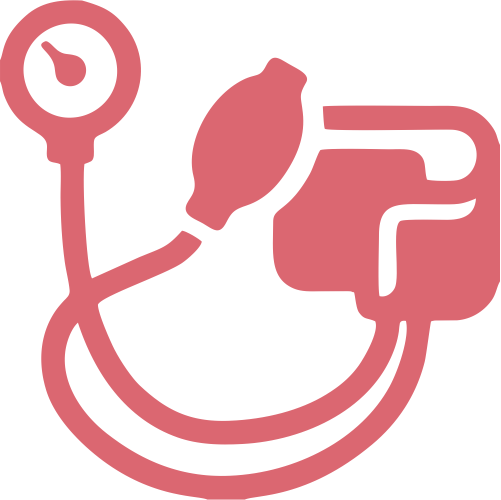
High Blood Pressure
Hypertension, one name for high blood pressure, is hyperglycemia (high blood pressure). Your activities occur when your blood pressure changes.
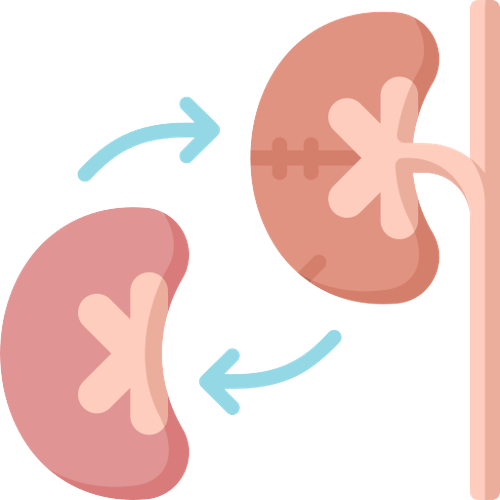
Renal Transplant
A healthy kidney is surgically implanted into a patient whose kidneys are no longer functioning normally.
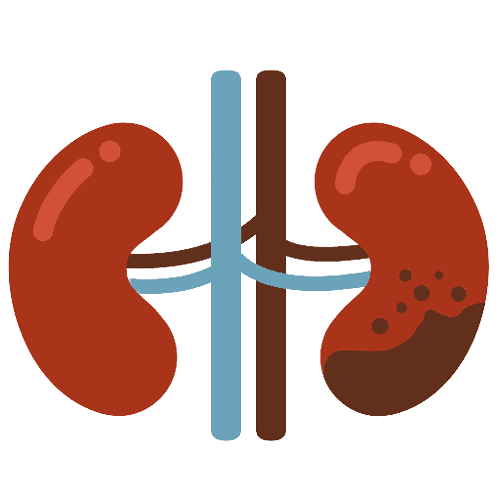
Chronic Kidney Disease
A gradual decrease in kidney function is a feature of chronic kidney disease, generally known as chronic kidney failure.
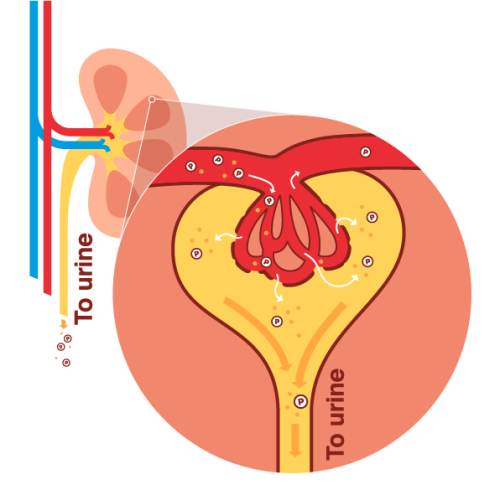
kidney disease in Diabetes
A kidney's blood vessel clusters that filter waste from the blood might get destroyed over time if diabetes is not properly managed.
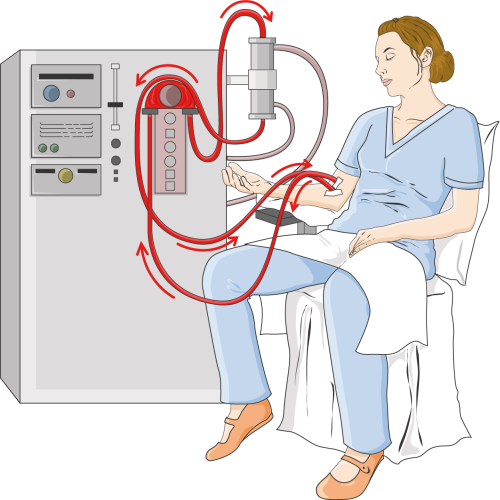
Hemodialysis
When the kidneys can no longer efficiently filter wastes, salts, and liquids from the blood, hemodialysis is used.
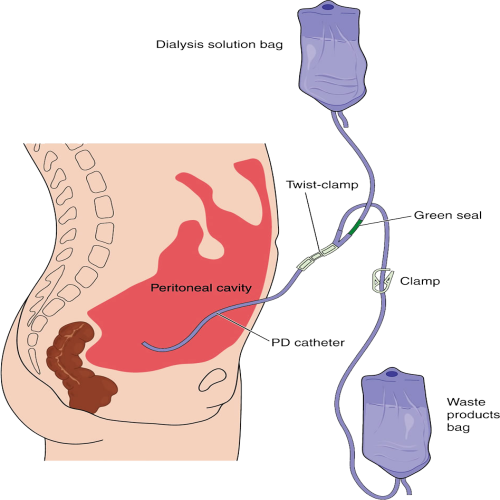
Permcath and CAPD catheter Insertion
An operation called a laparotomy is necessary for the surgical implantation of the peritoneal dialysis catheter.

CAPD catheter insertion
Using an 18-gauge needle, the peritoneal cavity is cannulated, and either 500 ml of saline or air is injected into it.
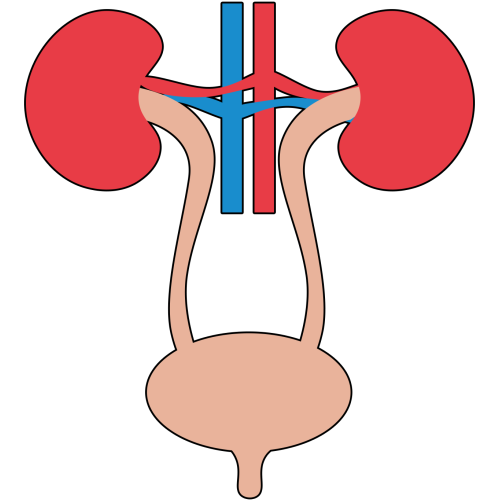
Urinary Infection
Any infection of the urinary system is a urinary tract infection. Kidneys, ureters, the bladder, and the urethra make up the urinary system.
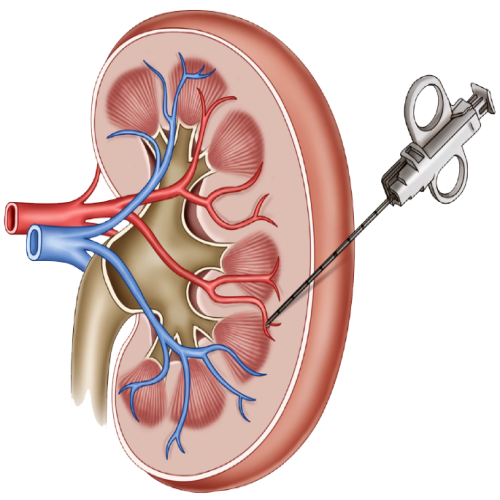
Renal biopsy
In this procedure, a tiny piece of kidney tissue is removed so that it may be inspected under a microscope for signs of illness or damage.
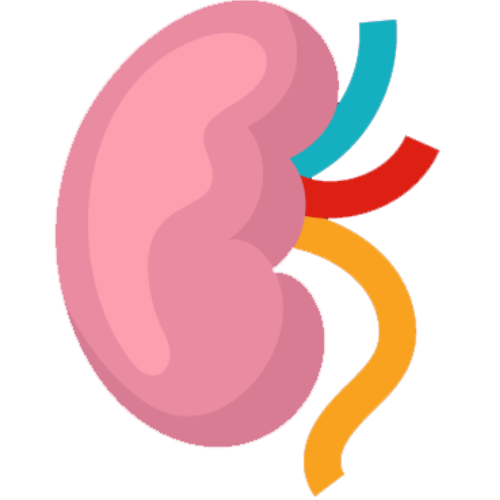
Lupus Nephritis
When the kidney structures that filter waste are impacted by lupus autoantibodies, lupus nephritis occurs.
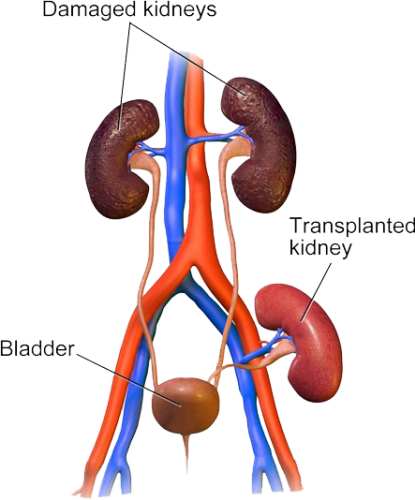
Renal transplant rejection and failure
Rejection and failure raise the danger for the recipient if they are not controlled.
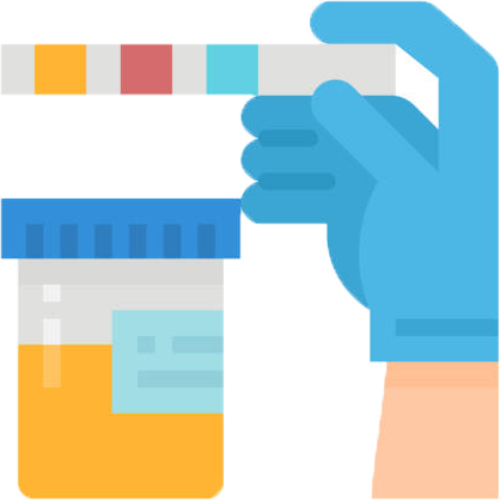
Protein in urine
It's also not unusual, especially in younger people after exercise or after an illness, for urine protein levels to rise temporarily.
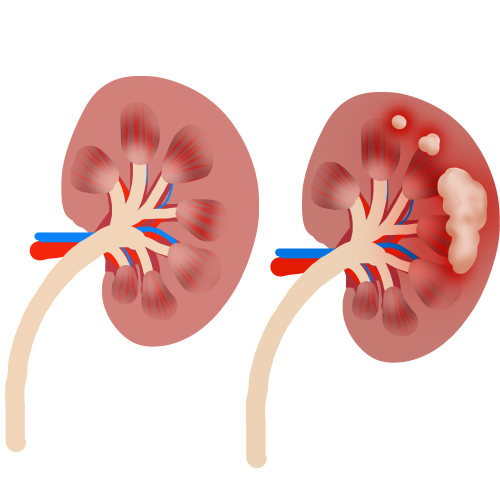
kidney disease in cancer
There are several connections between chronic kidney illness and cancer that go both ways: Directly or indirectly, cancer can result in CKD.
FAQ's
Does the Best Nephrologist in Jaipur recommend a particular diet for the kidneys?
Fruits, vegetables, whole grains, low-fat dairy products, legumes, nuts, seeds, and soy products make up the ideal kidney-friendly diet. To keep your kidneys healthy, you should reduce your intake of sodium, fat, and cholesterol.
What can I do, according to the nephrologist in Jaipur, to safeguard my kidneys?
To keep your kidneys healthy and functioning properly, you should eat a balanced diet and drink enough water each day. Give up drinking and smoking. keep a healthy weight.
What blood pressure is ideal for someone who has kidney disease?
In individuals with kidney disease, an acceptable, evidence-based Blood Pressure objective is 130/80 mm Hg, and recent research indicates that reducing BP to 130/80 mm Hg lowers the risk of future mortality.
Is a lot of water consumption helpful for the kidneys?
Drink enough water each day to maintain the function of your kidneys because water aids in the body’s ability to eliminate waste from the blood through urine. Additionally, water keeps your blood arteries open, allowing unfettered blood flow to your kidneys and the delivery of vital nutrients.
What occurs if blood phosphorous levels are too high?
Over time, excessive PTH and phosphorus levels can harm bones and blood vessels. This can lead to fractured bones, muscle weakness, and bone discomfort. Vascular hardening can cause high blood pressure, strokes, and heart attacks.
Which tests does the nephrologist perform to find out more about my kidneys?
Blood and a urine test are the most frequent and fundamental tests a nephrologist uses to identify kidney disease in patients. Your nephrologist might request more tests.
